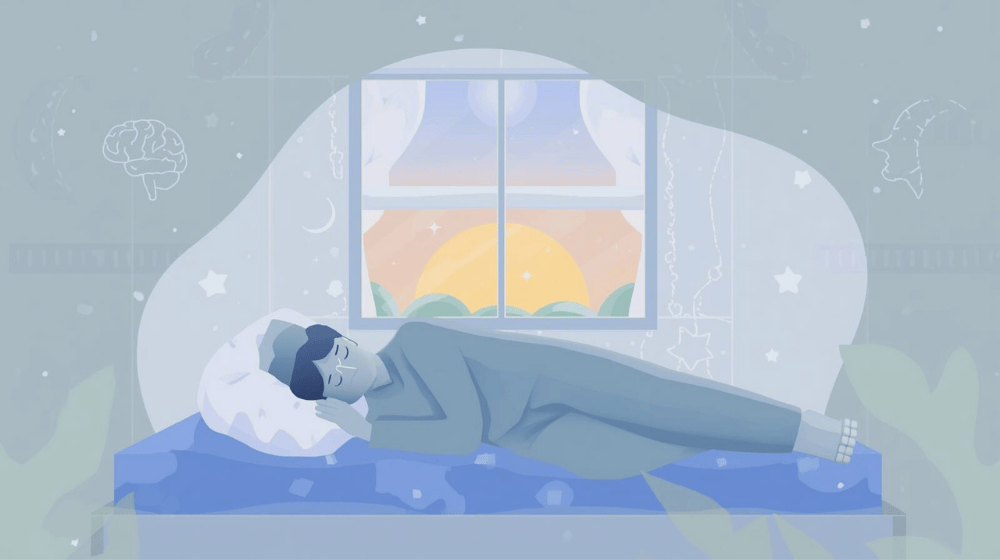Articles about Sleep

Sleep and Shift Workers: How to Maintain an Healthy Mind and Body
Around one in five workers in the UK—and millions more worldwide—work shifts that extend into the night, rotate across different hours, or cut across weekends and holidays. While such work keeps our societies running, it also comes with significant challenges. Our bodies are naturally designed to sleep at night and stay active during the day, following rhythms set deep within our biology.

Sleep-Wake Homeostasis and Circadian Rhythms: Unlocking the Secrets to Better Sleep
Sleep is one of the most powerful tools we have for maintaining physical, mental, and emotional health. Yet, in our fast-paced world, it is often sacrificed for work, late-night scrolling, or the ever-elusive "extra hour" in the day. The consequences? Fatigue, poor concentration, and an increased risk of chronic health problems. According to the World Health Organization, approximately two-thirds of adults globally fail to achieve the recommended seven to eight hours of sleep per night, which has profound implications for wellbeing.

Sleep and its Importance for Both Psychological and Physiological Wellbeing
Sleep is one of the most essential and natural aspects of our lives, yet many of us struggle to get enough of it or to sleep well. In this article, I will explore how sleep affects our mental and physical health and why we should pay more attention to our sleep habits.
